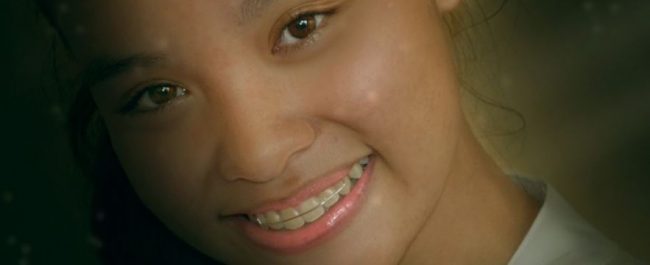Does My Child Need Braces? Orthodontics to Fix Common Problems
You look at your child getting their adult teeth and you can see it coming, you have a hunch they may need orthodontics. While braces can help many mouth-related problems like crooked and crowded teeth and help improve overall dental health, they may not be right for every child – at least from a timing perspective.
Braces often come with a significant cost, and not all kids are ready to take on the responsibility of keeping them maintained so it’s good idea to make sure you’re ready to jump in with both feet before making the commitment to braces. Here we’re going to talk about the problems that braces can help correct, and what steps to take if you suspect your child might need braces.
Braces can help correct 5 main problems:
Crowding
This the most common reason to consider braces for kids. Crowding means that there isn’t enough space in their mouth for all of their teeth. When there isn’t enough room, the teeth squeeze together and end up looking crooked. Unfortunately, this usually gets worse over time and can end up making brushing and flossing difficult. Extreme crowding can result in some areas that are pretty much impossible to clean, leading to plaque buildup and in turn increased tooth decay and gum disease.
Overbite
An overbite refers to the positioning of the front teeth. The severity can vary but it generally means that the top teeth stick out further than the bottom teeth. While it is common to have an overbite, one that is pronounced can mean the potential for increased trauma risk to the front teeth.
Underbite
An underbite is similar to an overbite but is characterized by the bottom teeth sticking out further than the top teeth. This can result in difficulty biting and chewing, and present speech problems such as lisps.
Crossbite
A crossbite means one or more teeth are out of line from the rest of the teeth and they sit closer to the tongue or cheek rather than nicely in line. This can create problems related to closing the jaw properly which might make eating and speaking difficult. It can possibly even result in improper growth of the jaw.
Open bite
An open bite is characterized by top and bottom front teeth that don’t touch each other when the jaw is closed. This can result in problems with eating and talking as well as possibly creating some concerns with self confidence.
Getting a referral
If your child goes for regular cleanings and check ups it’s likely that your dentist is already keeping an eye on their teeth to assess the need for braces. They might have even already suggested it to you. But if you’re not making it in regularly and you suspect your child might benefit from braces, your first step should be to book an appointment with your dentist.
Your dentist will perform an exam and decide if orthodontics are required. Dentists certified in orthodontics can outline the best course of action and timing. This will include an explanation of the issues at hand that the braces will correct. You are encouraged to ask many questions to ensure you’re comfortable with the suggested plan.
What is Invisalign? Invisalign is a cosmetically preferential alternative to traditional braces due to their transparency. Invisalign works a little differently as they involve a series of aligners that are switched out in incremental steps as teeth alignment progresses. Yes, some dental offices specialize in Invisalign themselves, which means they can care for you in-house. In short, Invisalign involves getting a scanned model of your teeth to create moulds. These moulds serve as the incremental pieces the patient wears. Each mold takes them through corrective stages that eventually achieve the desired end results.
Braces aren’t always the answer
Early intervention can help straighten and align teeth which can help avoid future oral health issues and decrease the risk of cavities and gum disease. But this doesn’t mean that braces are necessary for every child that presents with one of the concerns listed above. It is always recommended to speak to your dentist and orthodontist to decide what is best course of action for your child.
If you’re questioning whether your child might need braces, make an appointment at Reflections Dental to have an exam done and talk to a dentist about your options!


